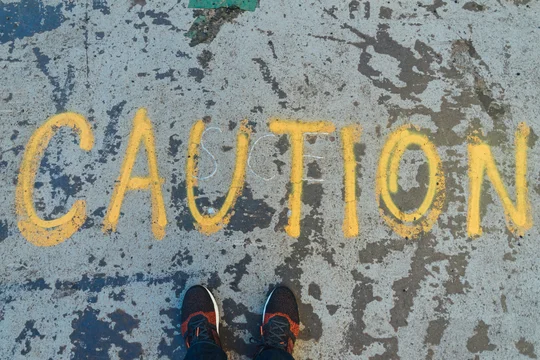It's hornbook law that demonstratives are not evidence. Nevertheless, you'll sometimes see parties file some or all of them on the docket, if for no other reason than to explain a portion of the transcript where an expert is otherwise gesturing vaguely at a powerpoint.

Unfortunately, there's no rule squarely addressing when it is appropriate to lodge these demonstratives with the Court. Fortunately, Judge Hall gave us all a bit of guidance last week in Ferring Pharms. Inc. v. Finch Therapeutics Group, Inc., C.A. No. 21-1694-JLH, D.I. 494 (D. Del. Aug. 28, 2024).
In that case, both parties filed their trial demonstrative a few weeks after the verdict (via notices of lodging). Just about a week later, the court struck both sets of demonstratives sua sponte:
The parties' Notices of Lodging, . . . are stricken. Demonstrative exhibits are not evidence. Should a party contend that a demonstrative exhibit was inappropriately permitted to be shown to the jury over its objection, it shall refile the particular demonstrative exhibit(s) along with a cover letter pointing to the portion of the record where such objection was made.
It's hard to tell from this if the Court would have stricken the demonstratives if, for instance, only a small, relevant, subset were submitted as exhibits to a post-trial brief, or if something more akin to a motion for leave is required to submit them in all cases. We'll keep you in the loop if and when the parties file the requested letters.
If you enjoyed this post, consider subscribing to receive free e-mail updates about new posts.






